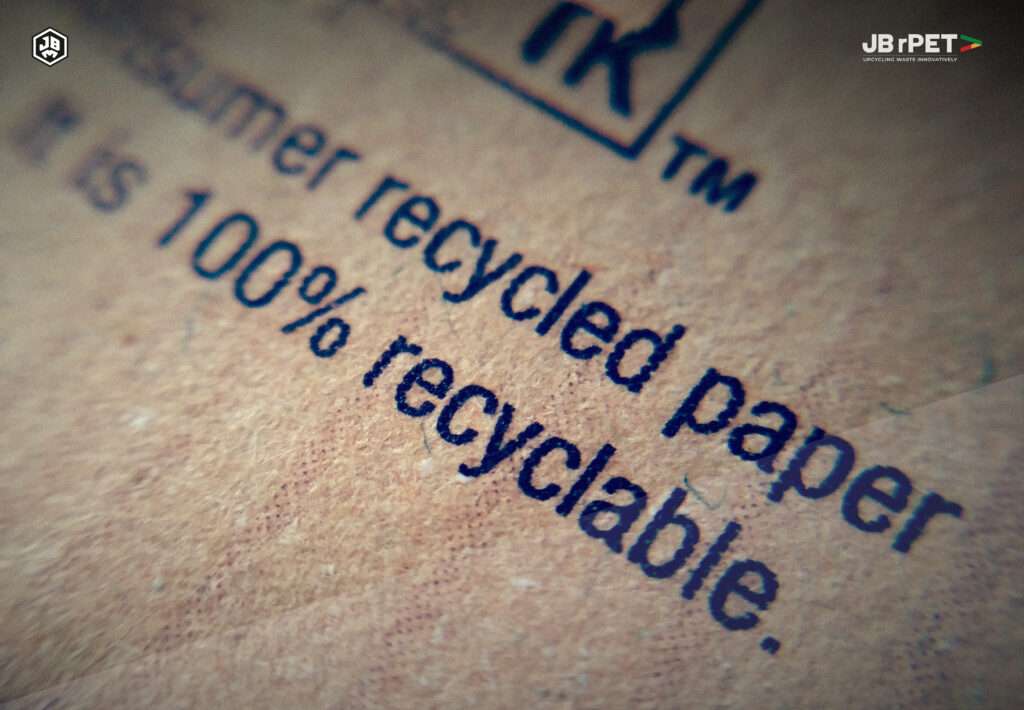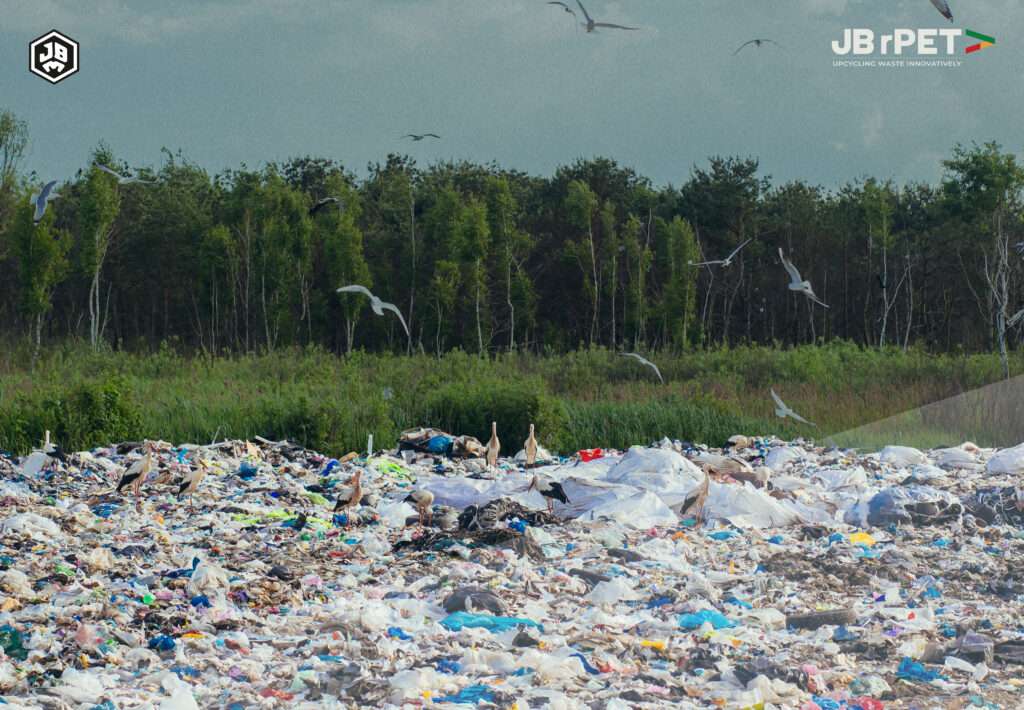Home / What is chemical recycling
In our quest for sustainability and reducing our environmental footprint, recycling has become a key component of our daily lives. While we’re familiar with traditional recycling methods like sorting plastics, glass, and paper, a newer and more advanced form of recycling is making waves in the sustainability arena: chemical recycling. But what exactly is chemical recycling, and how does it differ from conventional recycling methods? In this blog post, we’ll explore the fascinating world of chemical recycling and its potential to revolutionize waste management and resource conservation.
Understanding Chemical Recycling
Chemical recycling, also known as advanced recycling or molecular recycling, is a cutting-edge waste management technique that goes beyond the traditional mechanical recycling processes. It involves breaking down complex plastic materials, such as polyethylene (PE), polypropylene (PP), and polyester, at the molecular level to produce valuable chemicals or feedstock. This process allows the creation of new plastics, fuels, or other materials, making it a powerful tool for reducing plastic waste and reusing valuable resources.
The Key Differences from Mechanical Recycling
Depolymerization: Unlike mechanical recycling, which often involves melting and reshaping plastics, chemical recycling relies on depolymerization. This process breaks down the long polymer chains of plastics into their original chemical building blocks, such as monomers and other valuable chemicals.
Contaminant Tolerance: Chemical recycling is more forgiving when it comes to contamination. It can process mixed plastics, including those with impurities, labels, or food residues, which are challenging for traditional recycling processes.Endless Recyclability: While mechanical recycling degrades the quality of plastics over time, chemical recycling has the potential for infinite recyclability. This means plastics can be recycled repeatedly without losing their properties, reducing the need for virgin plastic production.The Chemical Recycling Process
Collection: Similar to traditional recycling, the process begins with collecting plastic waste from various sources, including households, businesses, and industrial facilities.
Sorting and Preprocessing: The collected plastics are sorted, cleaned, and preprocessed to remove any non-plastic materials like metals and contaminants.Depolymerization: In the heart of chemical recycling, plastics are broken down into their basic chemical components using various methods such as pyrolysis, gasification, and hydrolysis. These methods vary in temperature and catalysts used, depending on the type of plastic being processed.Product Formation: The resulting chemical building blocks can be used to create new plastics, fuels, or other valuable products, reducing the reliance on fossil fuels and minimizing waste.Benefits of Chemical Recycling
Reducing Plastic Pollution: Chemical recycling helps reduce plastic pollution by diverting plastics from landfills and incineration, where they can take centuries to decompose.
Resource Conservation: It conserves valuable resources by reusing the chemical building blocks of plastics, reducing the need for virgin fossil resources.Energy Efficiency: Chemical recycling can be more energy-efficient than traditional recycling methods, especially for mixed or contaminated plastics.Circular Economy: It aligns with the principles of a circular economy, where resources are continuously reused and recycled, minimizing waste and environmental impact.Challenges and Future Outlook
While chemical recycling holds immense promise, there are challenges to overcome. These include high initial investment costs, scaling up processes, and ensuring the environmental sustainability of the technologies. Additionally, regulatory and certification frameworks must be developed to ensure the responsible implementation of chemical recycling.
In conclusion, chemical recycling is an exciting innovation in the field of waste management and sustainability. It offers the potential to reduce plastic pollution, conserve resources, and promote a circular economy. As technology continues to advance and investment grows, chemical recycling may become a vital tool in our efforts to combat environmental challenges and create a more sustainable future.









